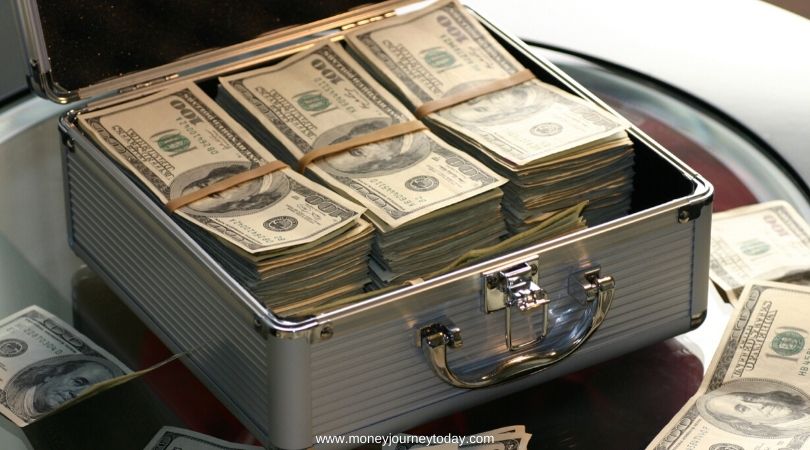I am going to cover the least exciting theory in personal finance. However, it may be the most important to your long term security and success.
Emergencies come in all different shapes and sizes. From the small-scale emergencies like car trouble, owing the IRS an unexpected amount, to a late fee on your library card. In addition, there are larger emergencies like the AC unit crashing on a hot July weekend, getting into a car accident with major damage and the direst of all, unexpectedly getting laid off at work.
The fact of the matter is, regardless of age or income, status or standing, you will face at least one, likely several emergencies in your life.

What is an emergency fund, you ask?
It is a liquid pile of money that can sustain the cost of your expenses for a minimum of three to six months.
No, this money isn’t making you passive income in the market or, earmarked for your next real estate transaction to grow your empire. It is a safety-net from all the crazy that can enter your life.
By keeping a three to six-month supply of cash on hand, any “emergency” that you come across becomes less of an emergency and more of an inconvenience.
Again, this is liquid cash that can be socked away under your mattress, but I would recommend it be kept at the bank in a simple checking or savings account. The key is, the funds need to be easily accessible. You should be able to make a quick cash withdrawal or write a check to cover the unexpected cost. If your emergency fund is in an investment account, you will need to sell off some or all your holdings to access the money. This does not make sense, as when faced with an emergency, time is of the utmost importance. Plus, if the funds are held in a retirement-type account, you will face taxes on that money, as well as an early withdrawal penalty- not a smart strategy. Let that money do what it is designed to do, grow!
While you may think you can get away without an emergency fund, you are only kidding yourself. Think back on the last two years of your life and all the unexpected events that took place. Perhaps you were recruited for an exciting job in a new city but, didn’t have the funds to make the move. Or, you forgot to claim some extra income you earned while dog walking last summer and are faced with an owed amount to Uncle Sam. Or, the unexpected hospital visit after burning your hand with a sparkler at the Fourth Of July barbeque.
Things like this are going to happen, in fact they will happen. You need to be prepared to quickly address them, so you can move on to focus on other areas of your financial life.
Not possible, you say? Think again! Perhaps all you need is a little help that enables you to ensure regularity, like a checklist to make sure you stay on top of your game month after month.
At the end of the day, you likely won’t gloat about your fully funded emergency fund to your friends but, it will give you a sense of calm and security that you are prepared for any unplanned major (or minor) events that require money quickly.
If you enjoyed this piece, please visit jarad.blog for more personal finance and self-growth articles.
I’ve been told this so much my whole life. My mom always told me save your dam money for when you really need it!! I never forget my mom telling me those words every time I got my paycheck. She said keep 4 paychecks worth of money in my account at all times. She’s 71 years old and still preaching the same words.